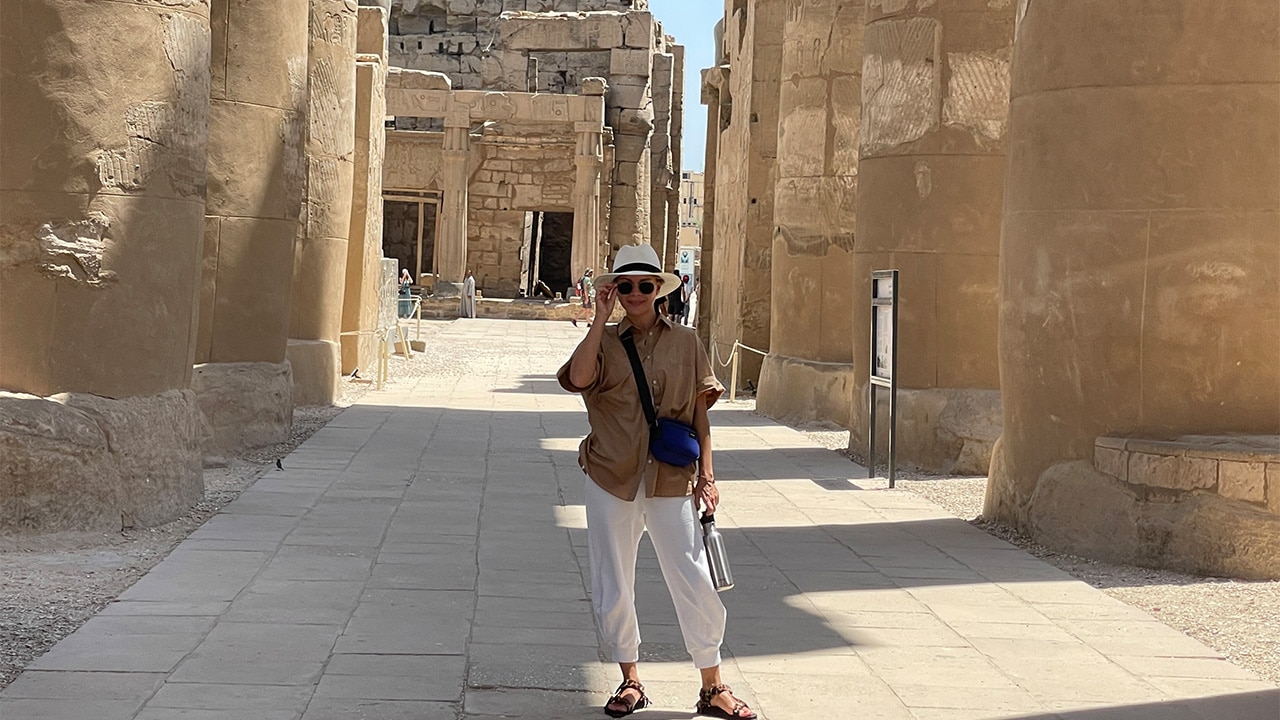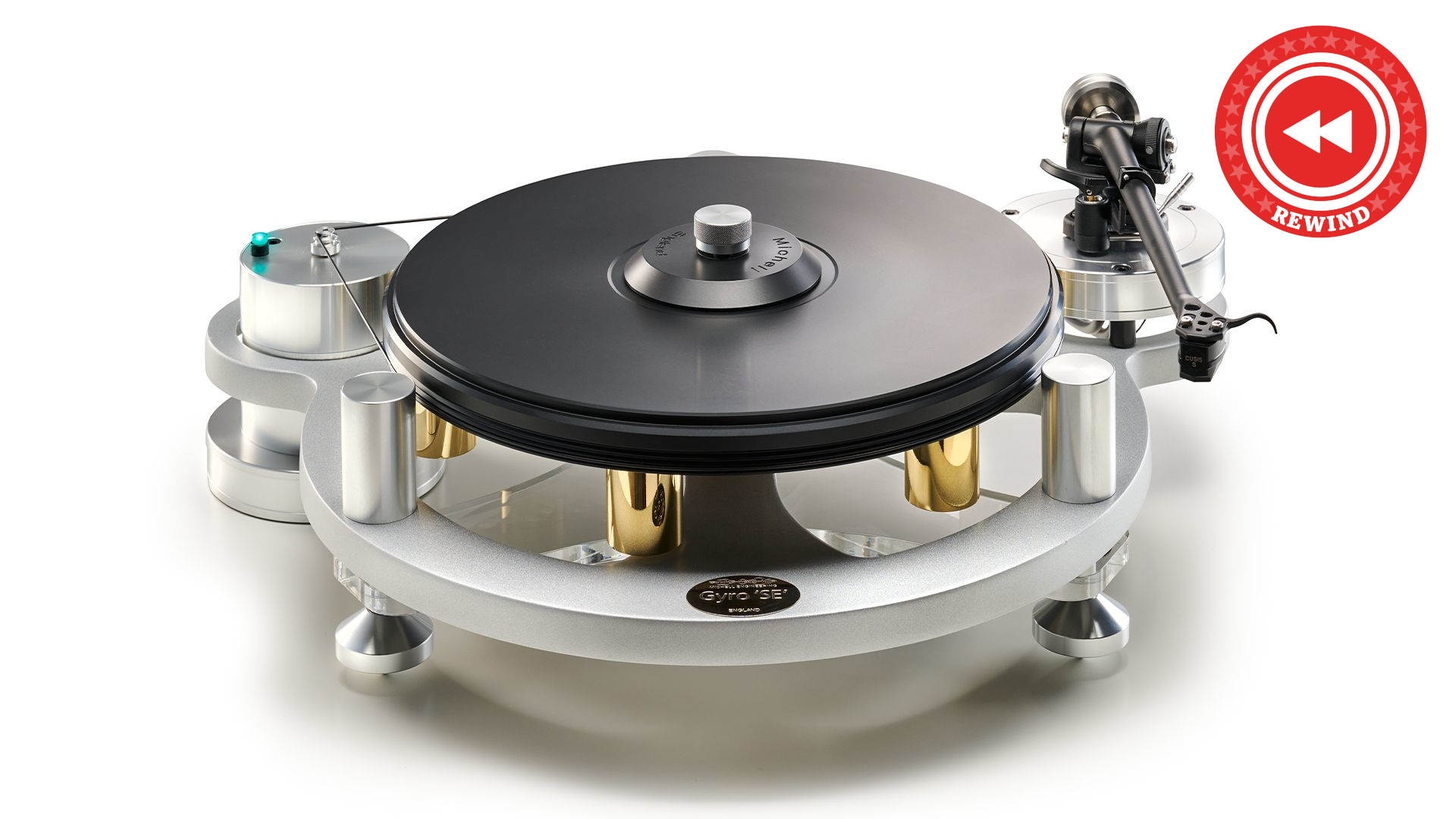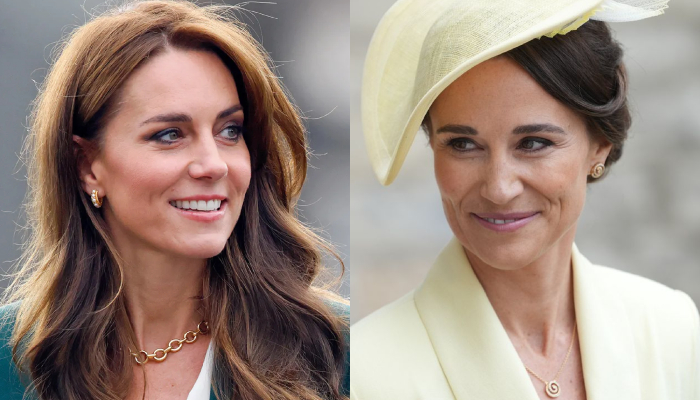Lifestyle Don't miss out on the headlines from Lifestyle. Followed categories will be added to My News. Gentle is the river that gave life to ancient Egypt.
Its onyx-like surface is so glossy that I’m sure if I popped my head over the rail I would see my elated reflection. As we glide north to the Upper Egypt city of Aswan, the only stir to the stillness is the wake of our riverboat, the Nile fanning out like a sheet of rippled black satin to meet swollen desert mountains and wildly coiffed date palms. When I next look up a few hours later, the Nile’s curves have narrowed.
The banks are cinched in close now, their lushness magnified, flickering with reeds and bursts of greenery. Neatly swept homes pass by slowly as cattle feed in ankle-deep marsh. There are many gods and deities to wrap your head around when visiting Egypt for the first time.
Among them is Hapi, the Egyptian god of the Nile. The god is representative of the river’s annual flooding and depicted as an androgynous figure with a male head and a female torso to symbolise the fertility of the river. You can’t visit Egypt and ignore the strong feminine themes that underpin the beliefs of this ancient civilisation.
It may not have been perfect, but near-equal status and power were anchors of this culture; women in ancient Egypt had the right to rule, divorce, own land and represent themselves in court. Female pharaohs such as Cleopatra, Nefertiti and Hatshepsut are as widely known as their male counterparts. .


















